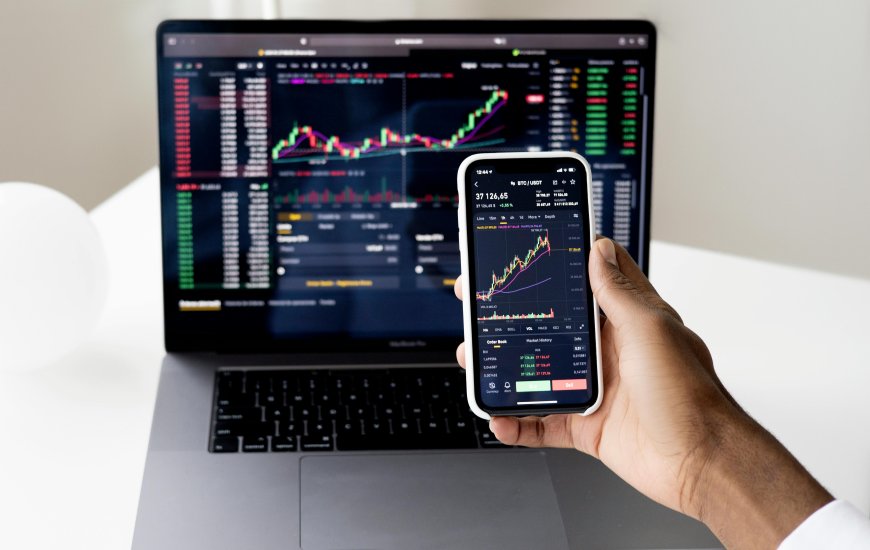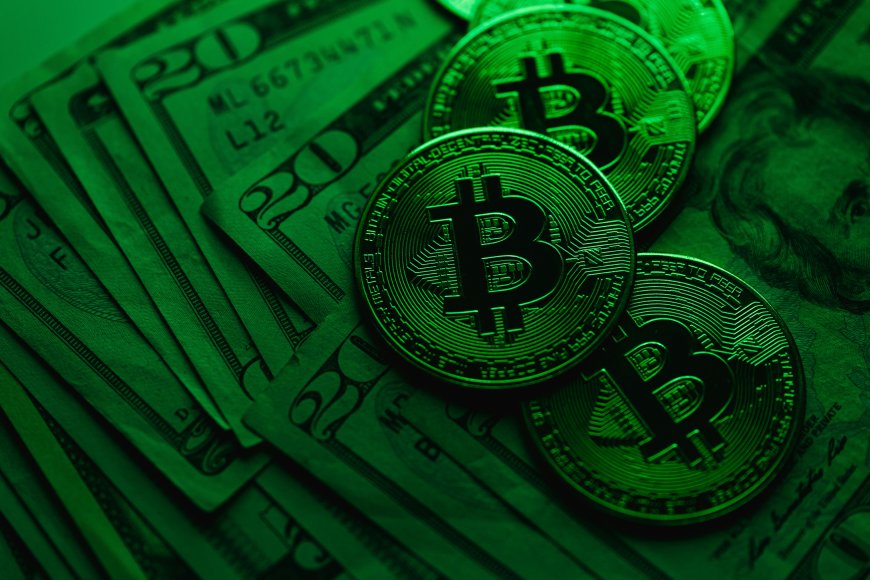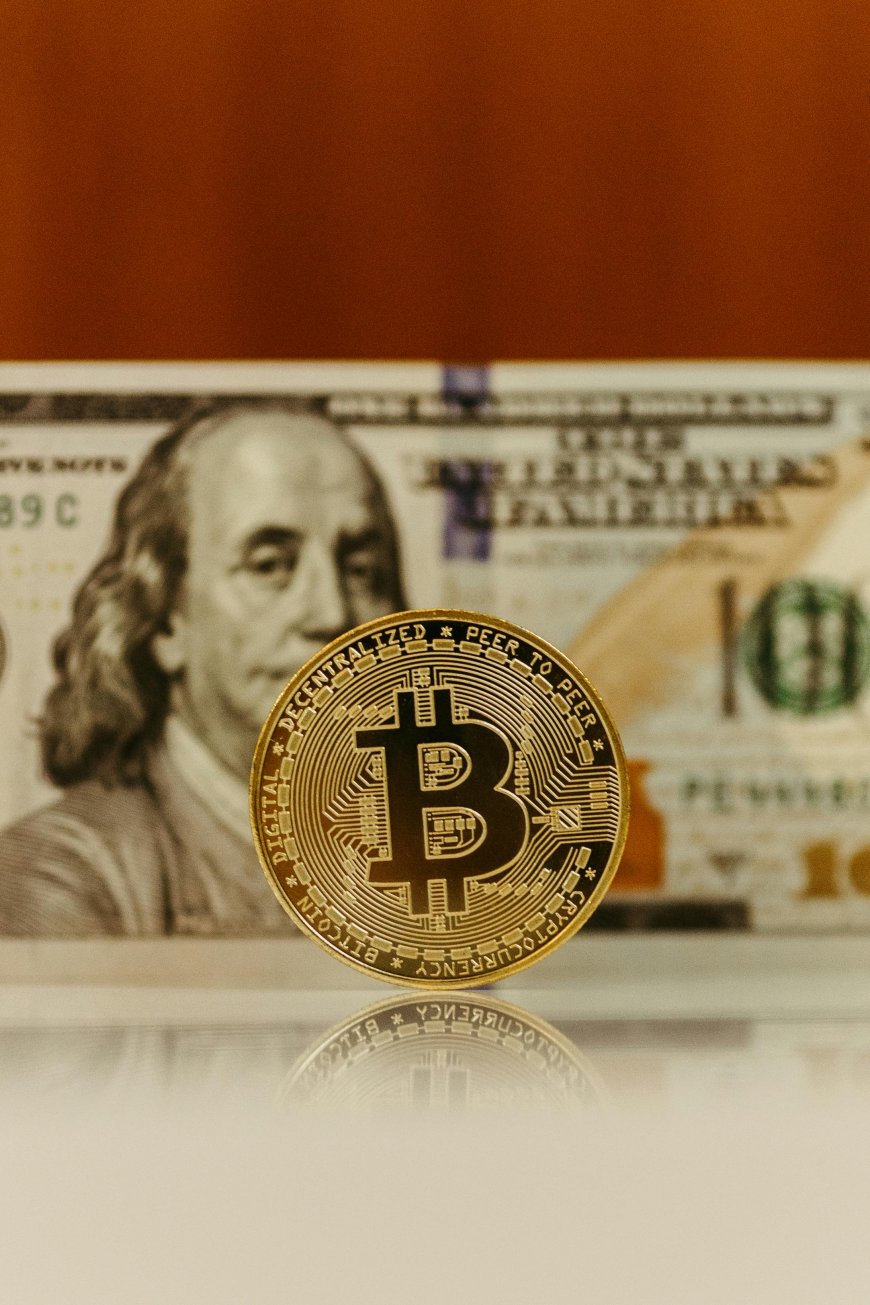Markets Rattle as War, Trump, Bitcoin and Yieldstreet Collide
From Ukraine’s war to Bitcoin’s crash, Europe’s Trump dilemma, and Yieldstreet’s fallout—global markets face a storm of uncertainty.

The world’s financial pulse rarely beats on a single story. This week, however, markets moved on four different shocks: hope for an end to the Ukraine war, Europe’s delicate dance with Donald Trump, Bitcoin’s dramatic crash to $115,000, and the unraveling of Yieldstreet’s once-promising “1% strategy.”
Each of these headlines reveals a bigger truth: markets aren’t just about numbers—they’re shaped by war, politics, risk, and human psychology. Traders crave certainty, yet find themselves navigating a fog of unpredictability.

Traders Pin Hope on Ukraine Peace
For months, whispers in trading floors from New York to London have carried a fragile optimism: maybe, just maybe, the war in Ukraine could be nearing an end. Energy markets, in particular, have reflected cautious hope. Oil and natural gas futures have softened, and wheat prices dipped slightly on speculation that disrupted supply lines may stabilize.
But experts warn against misplaced optimism. Military analysts stress that both Kyiv and Moscow remain locked in a war neither side can afford to lose. Frontlines are frozen, and diplomatic negotiations are scarce.
One European security expert described the sentiment bluntly: “Traders may price peace into markets, but policymakers see years of conflict ahead.”
The gap between investor hope and geopolitical reality is striking. If the war drags on—as many experts expect—the market optimism could turn into painful corrections.
Europe’s Tense Preparations to Face Trump
Across the Atlantic, European leaders are bracing for renewed engagement with Donald Trump. Whether in office or on the campaign trail, Trump’s influence on global markets and alliances is undeniable.
Brussels officials have three urgent priorities as they prepare:
- Security Guarantees – ensuring NATO’s integrity and US commitment to European defense.
- Trade Stability – protecting against tariff wars that could fracture supply chains.
- Energy Cooperation – building resilience against Russian energy dependence while advancing green transitions.
The stakes are enormous. A misstep could deepen divisions across the Atlantic at a time when unity is needed most. Investors, particularly in European equities, are watching closely. The mere hint of trade disputes or defense uncertainty could spark volatility.

Bitcoin’s Sharp Fall After Record High
Few assets capture both euphoria and despair like Bitcoin. After reaching fresh highs, the cryptocurrency plunged to $115,000 in a single trading session. Billions in value evaporated as leveraged bets were liquidated across exchanges.
The causes were layered:
- Macro jitters – Rising bond yields made risk assets less attractive.
- Regulatory pressure – US authorities signaled tighter oversight.
- Overleverage – Margin trading amplified losses once the selloff began.
For retail investors, the drop was gut-wrenching. Online forums that once buzzed with triumph turned into spaces of grief. Meanwhile, institutional players reiterated a familiar warning: Bitcoin remains speculative, volatile, and deeply tied to global liquidity cycles.
Still, history offers perspective. Bitcoin has crashed before, only to return stronger. But whether $115,000 marks a bottom or another step down remains uncertain.
Yieldstreet’s “1% Strategy” Collapses
Beyond war and crypto, a quieter yet painful drama unfolded in alternative investing. Yieldstreet, once hailed as a democratizer of high-yield opportunities, lured thousands of investors with its so-called “1% strategy.” The pitch was simple: safe, steady returns in private credit and alternative assets.
Instead, many investors faced losses when projects soured. Complaints mounted, lawsuits followed, and regulators began asking hard questions.
For investors in Tier-1 countries—where fintech innovation is embraced but also scrutinized—Yieldstreet’s stumble offers three lessons:
- Promises of safety deserve skepticism.
- Due diligence is non-negotiable.
- Even platforms with sleek branding carry risk.
The unraveling of Yieldstreet isn’t just a financial story—it’s an emotional one. Many investors had poured in life savings, believing the pitch of “low-risk, high-return” safety nets. Now, they face uncertainty, frustration, and in some cases, financial pain.
Storytelling: Two Investors, Two Realities
In Toronto, James, a 55-year-old engineer, woke early to check the markets. For weeks, he had bet on a ceasefire in Ukraine, shifting part of his retirement fund into European equities. The early signs looked promising—until he read reports that negotiations had collapsed. His optimism turned into anxiety.
Meanwhile in Sydney, Priya, a 29-year-old tech worker, stared at her phone in disbelief. Overnight, Bitcoin had plummeted, wiping out months of gains. She had told friends crypto was her “ticket out of the grind.” Instead, she felt the sting of volatility.
Different continents, different assets, same story: when markets collide with human hope, the consequences are personal.
What These Shocks Mean for Investors
For global investors, the week’s headlines highlight the need for discipline. A few key takeaways stand out:
- Don’t trade on hope alone. Ukraine’s war remains uncertain; markets shouldn’t assume quick peace.
- Watch political shifts. Europe’s alignment with Trump-era policies could shape trade, energy, and defense.
- Treat crypto with caution. Bitcoin’s crash underscores its volatility, no matter how high it climbs.
- Scrutinize alternatives. Yieldstreet’s collapse shows that innovation doesn’t eliminate risk.
In short, diversification and realism matter more than ever.
Conclusion: Volatility as the New Normal
The convergence of war, politics, crypto crashes, and fintech failures paints a sobering picture. For traders and long-term investors alike, these aren’t isolated stories—they’re threads in a wider fabric of global uncertainty.
Hope can move markets, but it rarely resolves conflicts. Political meetings can soothe or shatter alliances. Bitcoin can make or break fortunes overnight. And fintech platforms can either democratize finance or devastate trust.
As one strategist observed: “The world isn’t short of risk. What it’s short of is patience and preparation.”
That may be the only certainty investors can count on.
FAQs
1. Is the Ukraine war close to ending?
Experts say no. Despite market optimism, the conflict remains entrenched with no quick diplomatic solution.
2. Why are European leaders worried about Trump?
They seek security guarantees, trade stability, and energy cooperation amid fears of policy unpredictability.
3. Why did Bitcoin crash to $115,000?
A mix of macro pressures, regulatory scrutiny, and heavy leverage triggered a sharp liquidation wave.
4. What happened with Yieldstreet’s “1% strategy”?
The strategy failed, leaving investors with losses and sparking lawsuits over misleading promises.
5. What’s the lesson for investors?
Avoid chasing headlines or promises. Stay diversified, question easy returns, and prepare for volatility.
আপনার প্রতিক্রিয়া কী?
 পছন্দ
0
পছন্দ
0
 অপছন্দ
0
অপছন্দ
0
 ভালোবাসা
0
ভালোবাসা
0
 মজার
0
মজার
0
 রাগান্বিত
0
রাগান্বিত
0
 দুঃখজনক
0
দুঃখজনক
0
 বাহ
0
বাহ
0




























































